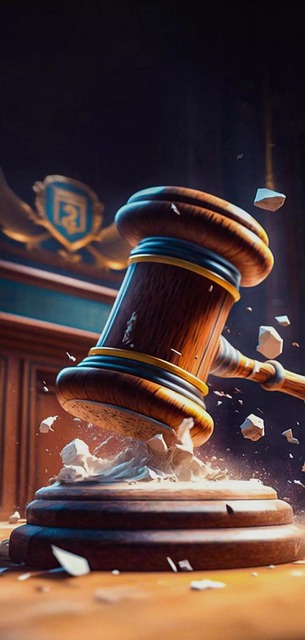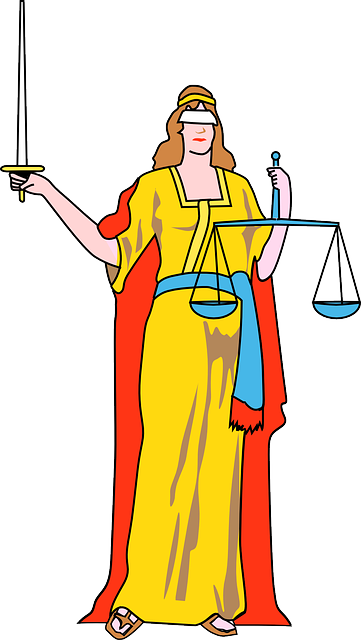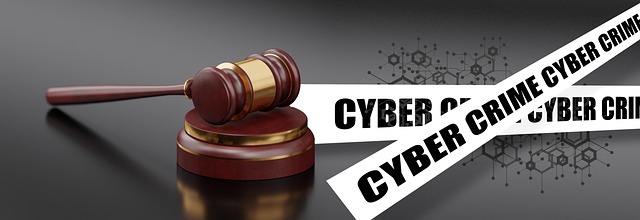Understanding your criminal charges and their potential consequences is essential. Consult an experienced criminal defense attorney who can explain your rights, navigate legal processes, and develop robust strategies. Legal experts analyze case details, challenge evidence, and leverage precedents for favorable outcomes. Choose a lawyer with relevant expertise, clear communication, and proactive approach. Gather solid evidence and reliable testimonies to strengthen defenses. Understand your rights during court proceedings and actively participate in your defense. Explore post-trial options like appeals or new trials if necessary.
“Facing criminal charges can be overwhelming, but understanding your options is crucial for strength in these legal proceedings. This comprehensive guide navigates the complex landscape of criminal defense, from the initial steps of comprehending charges to building a robust case and exercising your rights in court. We explore effective defense strategies, emphasize the importance of selecting the right legal team, and provide insights on managing evidence, testimonies, and post-trial options. Arm yourself with knowledge; discover how to defend against criminal charges.”
- Understanding Criminal Charges: First Steps
- Exploring Defense Strategies for Strength
- Legal Team Selection: Key Considerations
- Building a Solid Case: Evidence and Testimonies
- Navigating Court Proceedings: Your Rights
- Post-Trial Options: Appeals and New Trials
Understanding Criminal Charges: First Steps

Understanding your criminal charges is the first step in developing effective defense strategies. It’s crucial to grasp the nature and severity of the accusations against you. This involves familiarizing yourself with the specific laws you’re alleged to have violated and the potential consequences, including fines and imprisonment.
Once you understand the charges, consult with an experienced criminal defense attorney who can explain your rights, guide you through the legal process, and help you explore available defenses. They will ensure you make informed decisions, challenge any unlawful actions by prosecutors, and advocate for the best possible outcome in court.
Exploring Defense Strategies for Strength

Navigating criminal defense legal processes can be daunting, but exploring robust defense strategies offers strength and a solid foundation. Understanding the specific criminal charges against you is pivotal; each charge carries unique complexities and potential outcomes. Legal experts can provide invaluable insights into these intricacies, helping to build a robust defense.
Effective defense strategies may involve challenging the evidence presented by prosecutors, exposing procedural errors, or invoking legal precedents that work in your favor. By thoroughly examining the case details, defense attorneys can identify weaknesses in the prosecution’s argument and construct a compelling narrative that protects your rights and interests.
Legal Team Selection: Key Considerations

Choosing the right legal team is a pivotal step in any criminal case, as it can significantly impact the outcome. When selecting a lawyer for your criminal defense, consider their expertise and experience in handling similar cases. It’s crucial to find someone well-versed in the specific laws and procedures related to your charges. Defense strategies vary based on the nature of the crime, so a lawyer who has successfully navigated cases like yours is invaluable.
Additionally, assess their communication style and level of accessibility. Effective legal representation involves clear and consistent communication between you and your attorney. Look for a lawyer who listens attentively, explains complex matters in simple terms, and keeps you informed throughout the process. A proactive and responsive legal team can make all the difference in building a robust defense strategy.
Building a Solid Case: Evidence and Testimonies

Building a solid case in a criminal defense strategy starts with gathering compelling evidence and securing powerful testimonies. Defense attorneys play a crucial role in this process, meticulously examining every available piece of evidence to uncover potential weaknesses or discrepancies that can benefit their client’s case. This involves reviewing police reports, forensic analyses, witness statements, and any other relevant documentation.
Effective testimony collection is another vital aspect. Defense lawyers should strategically interview clients, witnesses, and experts to gather consistent and credible testimonies that reinforce the defense narrative. By presenting a unified front through robust evidence and sincere testimonies, defendants can strengthen their criminal charges defense strategies, aiming for a favorable outcome in court.
Navigating Court Proceedings: Your Rights

Navigating court proceedings can be daunting, especially when facing criminal charges. It’s crucial to understand your rights and the legal process involved in your defense. When accused of a crime, you have the right to remain silent; anything you say can and will be used against you in a courtroom. Additionally, you are entitled to legal counsel, ensuring you’re represented by an attorney throughout the process. This right allows for the development and implementation of effective criminal charges defense strategies.
Knowing your rights is the first step in protecting yourself. An experienced attorney will guide you through each stage, from initial appearances to trials, ensuring your rights are upheld and that the burden of proof lies with the prosecution. They’ll help build a robust defense, challenging evidence and testimony while presenting alibies, witness statements, and other exculpatory information. Understanding these processes empowers individuals to actively participate in their defense, fostering a fair and just legal system.
Post-Trial Options: Appeals and New Trials

After a trial, there are several post-trial options available to individuals facing criminal charges. One common route is an appeal, where legal representatives examine the case for potential errors or mistakes made during the trial proceedings. If successful, the conviction and sentence can be overturned, offering a new opportunity for a fair trial.
Additionally, in cases where the defendant was not granted a satisfactory outcome, requesting a new trial is an option. This process involves presenting new evidence, witnesses, or legal arguments that may have been overlooked during the initial trial. The goal is to convince the court that with these newly presented materials, the defendant’s defense strategies could have been more effective, leading to a potentially different result.






